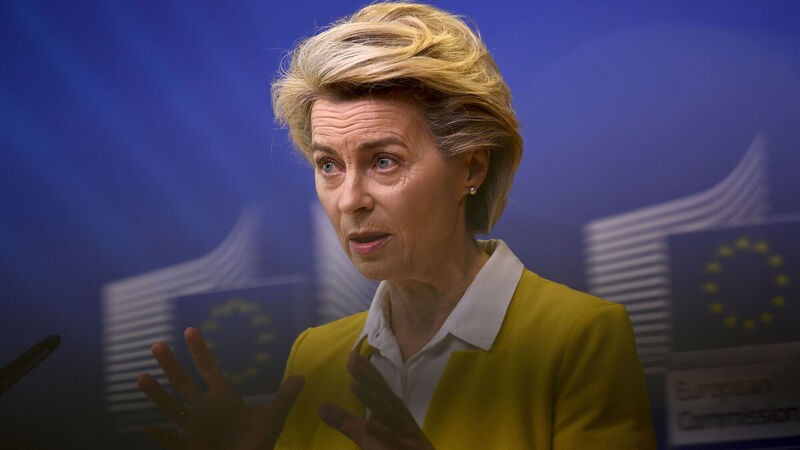EU states agree to suspend air travel from southern African nations affected by new variant

EC President Ursula von der Leyen says the move will help 'limit the spread' of the variant, recommending all air travel to affected countries be suspended. Picture: John Thys, Pool via AP
European Union (EU) member states have agreed to temporarily suspend travel from southern Africa after the detection of the new Covid variant.
A committee of health experts from the bloc's 27 states agreed upon the need to activate the "emergency break" and impose temporary restriction on all travel into the EU from southern Africa.











